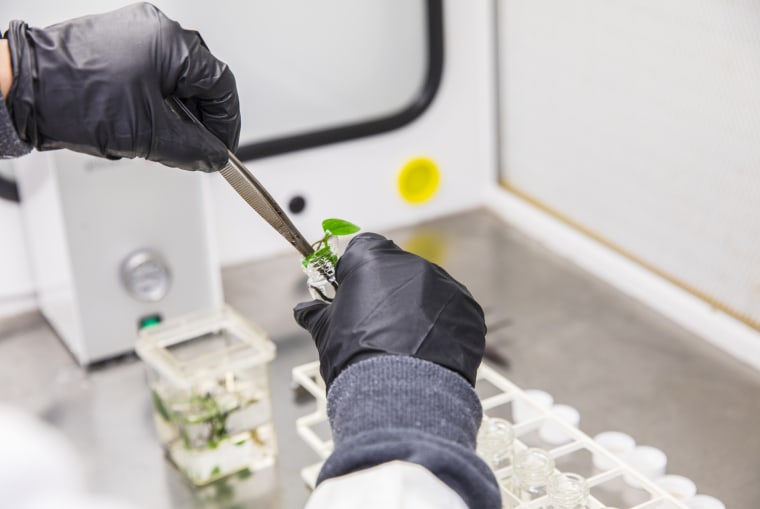
Monday, April 8, 2019
Rabbit genes could help pollution
New research has shown that if scientists slightly alter the genes of plants, they could degrade different air pollutants. Even better, the air pollutants that collect in our houses and could have an effect on our health. The goal is to see if common houseplants can be modified to break down volatile organic compounds (VOCs). To do this scientists inserted a synthetic version of a rabbits gene into a houseplant called Devils Ivy. This gene caused the plant to make toxin-neutralizing enzymes and suck up chloroform and benzene turning them into useful molecules for the plant. The only catch to these plants is that, if used in a house, there would need to be a fan constantly blowing air over the plants leaves. The team is still currently doing research to see if the plants can be modified to remove other VOCs in the air. Scientists are also wary about how people will react to "genetically engineered houseplants" since there is such a big issue about genetically modified organisms (GMOs). They also voice issues about if these plants are released to the wild with modifications, how they would survive, if they would be resistant to certain herbicides, or severe weather, etc. After more testing they are hoping to get approval to put the plants on the market within the next two years in the U.S.


Labels:
"genetics",
GMOs,
plants,
rabbits
Subscribe to:
Post Comments (Atom)
No comments:
Post a Comment